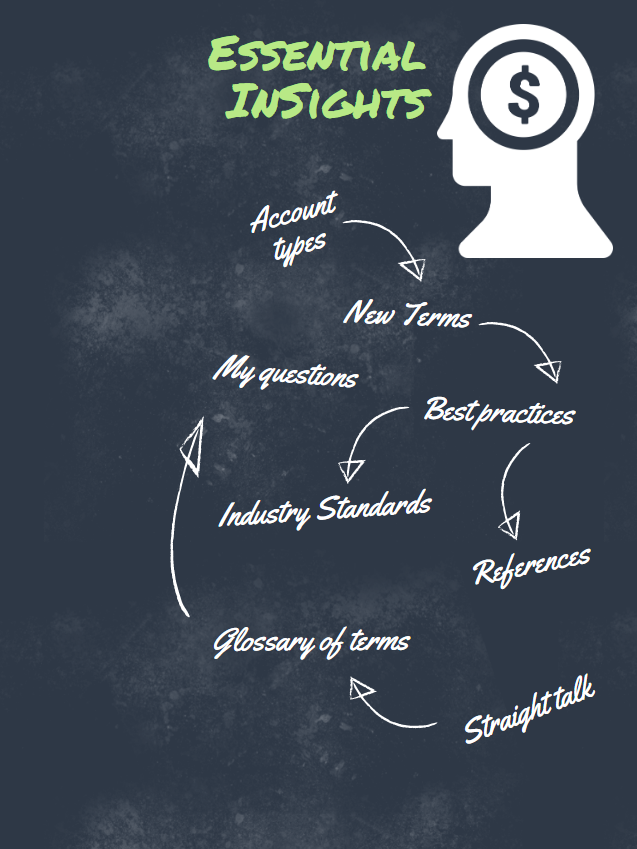Loss aversion is the tendency for people to strongly prefer avoiding losses at the detriment to obtaining gains. This puts an unnecessary fear on an investment not supported by the risk prima. This might be one of the most common biases that hinders the success of a retail investor. Simply put, investors refuse to sell loss-making investment with the hope of making their money back. A fear of making the loss “permanent” and along the way missing other opportunities, and likely impairing their returns. The fear of losing, causes more losing.
It is reminiscent of the gambler who goes back to the same table to get “back on top.”
Traders are reluctant to abandon a loss maker for a fidelity to risk that they are not being rewarded for. What is important to remember, is that these stocks don’t know we own them, and there is no reason a stock cannot be rebought if/when conditions improve. Likewise, it’s important to note that the money doesn’t need to be gained, the same way it was lost. This tunnel vision on a stock or industry is another by product of loss aversion.
The loss-aversion tendency breaks one of the cardinal rules of economics; the measurement of opportunity cost. It breaks the second rule by letting emotion drive the decision. To be a successful investor you must be able to properly measure the opportunity cost available. Similar to anchoring, Loss aversion is being attached and inflexible to a previous value or cost and stems from a human tendency to avoid losses.
Investors who become anchored due to loss aversion will pass on mouth-watering investment opportunities to retain an existing loss-making investment in the hope of recouping their losses.
It is hard to determine when a cost is “sunk” if the purchase price is always contaminating the rational. Instead investors should resort to the valuation metrics that have likely deteriorated in the stock, and evaluate that to the opportunities they are missing by caring their overweighed fidelity to a position.

